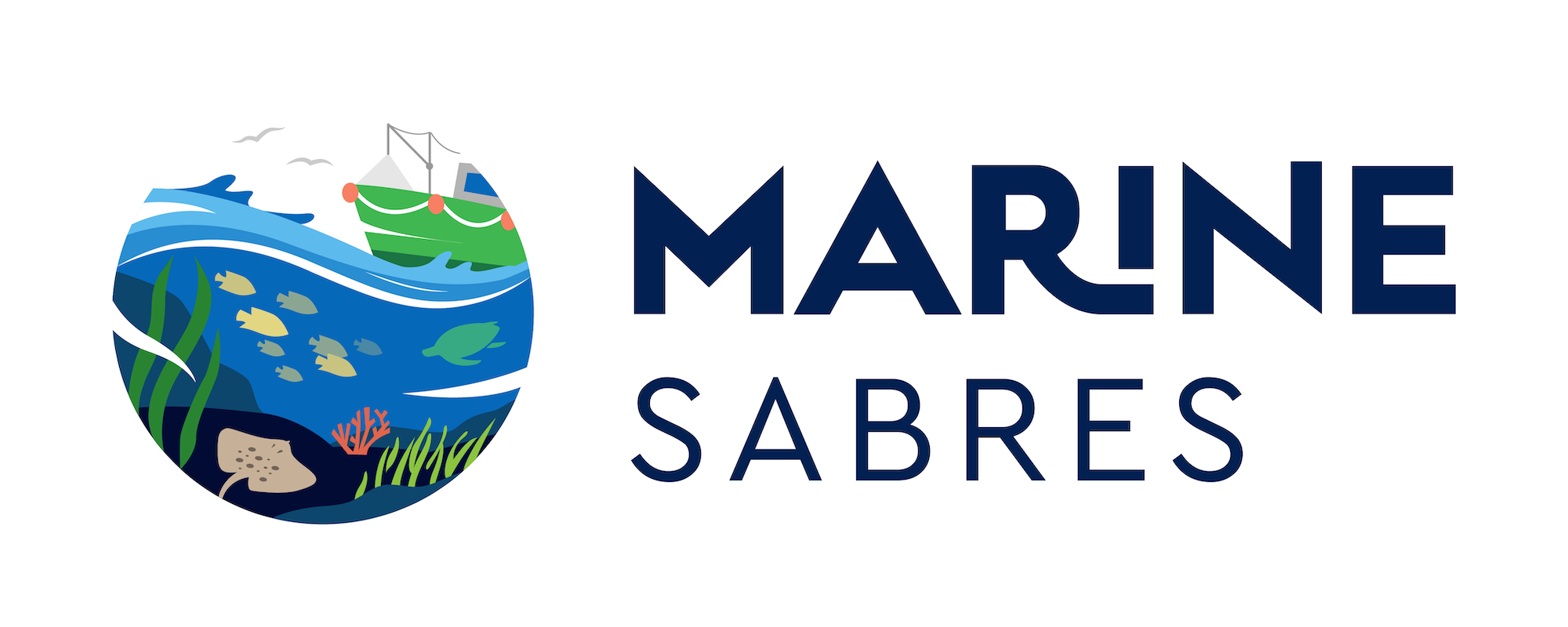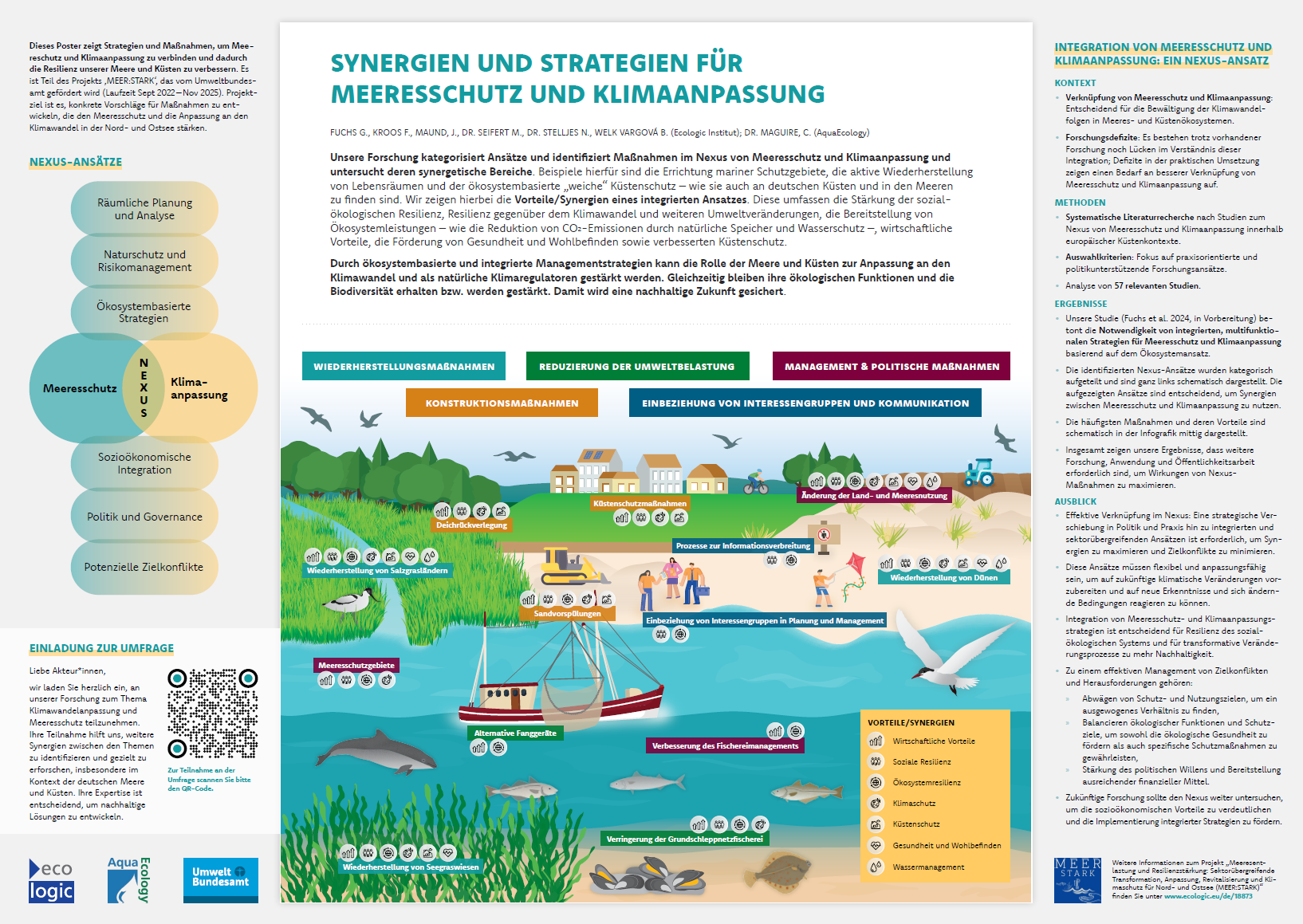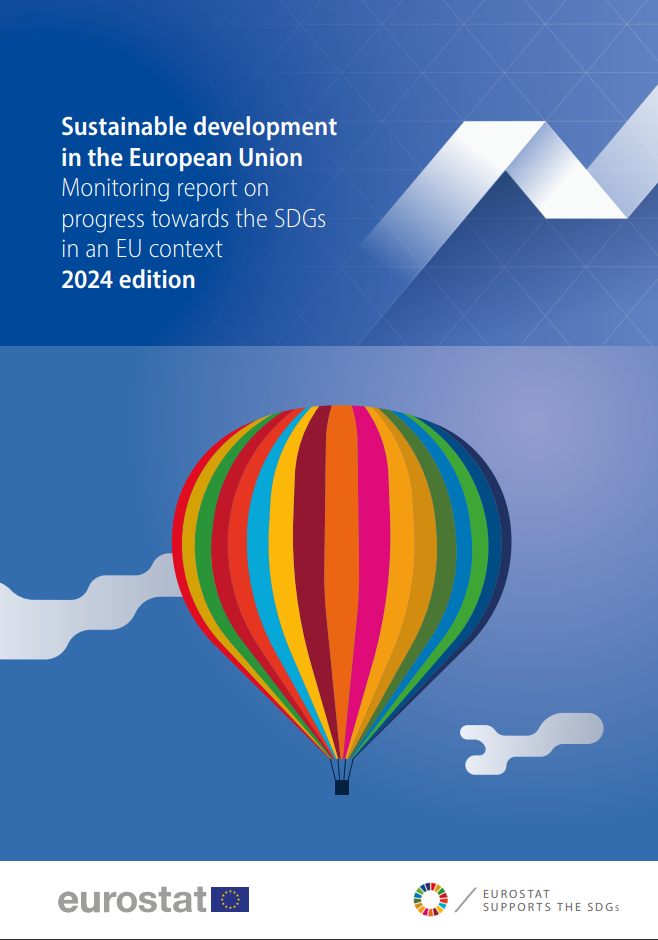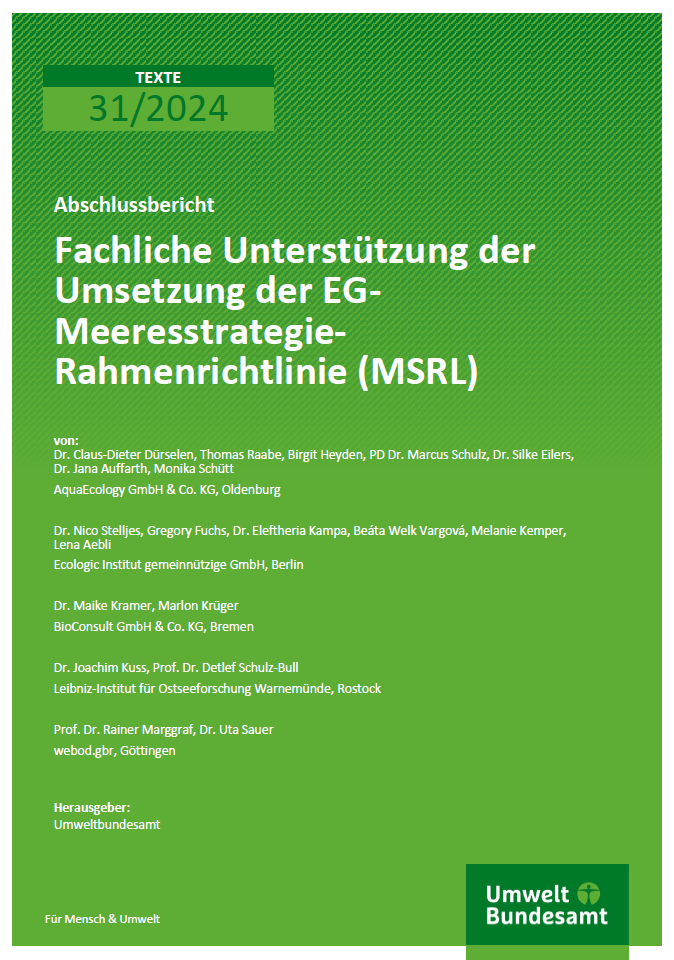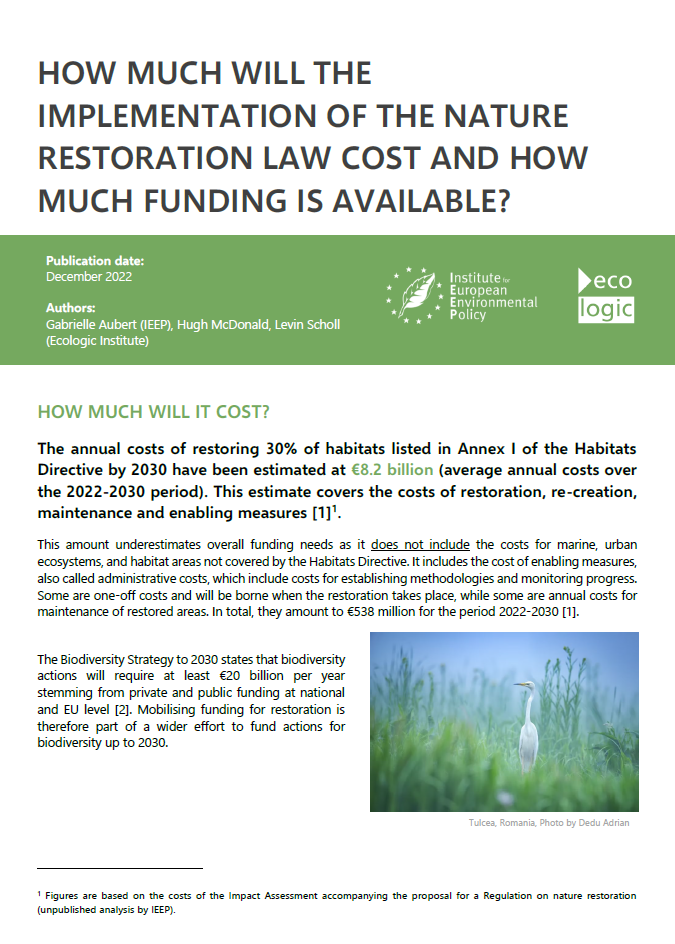Advancing Ecosystem-Based Management and Nature-Based Solutions – Workshop Series
- Presentation
- Date
-
-
- Location
- Vilm, Germany
- Speech
In the face of rapidly changing marine environments, innovative strategies are essential to preserve biodiversity and promote sustainability. Gregory Fuchs recently led a series of workshops on the island of Vilm (Baltic Sea, Germany), highlighting how Ecosystem-Based Management (EBM) and Nature-Based Solutions (NbS) can address complex marine challenges. He also shared insights from research projects like Marine SABRES.
Harnessing Social-Ecological Systems Thinking
The workshops began by discussing the ocean's role and the threats to marine biodiversity, emphasizing the importance of viewing ecosystems as complex adaptive systems where ecological, social, and governance elements interact dynamically. Gregory set the context for EBM by outlining its definitions, principles, and frameworks, highlighting that transitioning to EBM is a gradual, incremental process rather than a sudden shift from traditional practices. This approach enables continuous learning and adaptation, ensuring each step builds on previous successes. By integrating adaptive management and systems thinking, EBM evolves with each cycle, enhancing its effectiveness. Implementing strategies, monitoring outcomes, and adjusting actions based on feedback ensure that management remains responsive to changing environmental conditions and emerging challenges.
Presentation slides on "Harnessing Social-Ecological Systems Thinking and Ecosystem-Based Management for Marine Biodiversity Conservation and Climate Benefits"
Operationalizing EBM for Decision-Making
To make EBM practical and actionable, Gregory discussed developing an operational framework that supports decision-making aimed at achieving societal objectives. This framework aligns with the DAPSIWRM (Drivers, Activities, Pressures, State, Impact, Welfare, Response, Measures) model, offering a structured approach to understanding and managing interactions between human activities and marine ecosystems.
He introduced criteria to evaluate potential management strategies, helping assess viability before detailed analyses of costs and benefits. By applying these criteria, practitioners can prioritize strategies most likely to succeed and align with societal goals.
Exploring Nature-Based Solutions
The workshops also explored Nature-Based Solutions, focusing on their application in coastal-marine environments and the aims of marine restoration. Policy frameworks at global and EU levels were examined, along with established best practices for NbS implementation. Participants evaluated the effectiveness of NbS, addressed key challenges and opportunities, and shared recommendations and outlooks.
Presentation slides on "Exploring the potential of Nature-based Solutions in marine and coastal ecosystem recovery and resilience"
Engaging Practitioners Through Interactive Exercises
Gregory incorporated interactive group exercises, engaging participants and gathering valuable insights into their priorities and experiences. This collaborative approach fostered a learning environment where everyone could share knowledge and strategies. The results of these exercises were incorporated into the workshop materials.
He also shared insights from the Marine SABRES project, highlighting practical applications of EBM and NbS in marine biodiversity conservation and climate benefits.
Insights into the 48th International UNEP/UNESCO/BMUV Postgraduate Course and the AvH International Climate Protection Fellowship 2024
The International Postgraduate Course by UNEP/UNESCO/BMUV (48th edition, EM48) equips professionals and decision-makers from developing countries with in-depth knowledge and practical tools to address pressing challenges in environmental management. The six-month program includes modules on key topics such as nature conservation, circular economy, and climate change, along with cross-cutting skills like policy advising, project management, and interdisciplinary communication. Contributions from international experts and hands-on approaches enable participants to implement innovative solutions in their home countries.
The Alexander von Humboldt International Climate Protection Fellowship targets early-career leaders and postdoctoral researchers from non-European emerging and developing countries. The fellowship supports the implementation of a self-designed research or practice-oriented project in the field of climate protection and sustainable development in Germany. A core component of the program is the accompanying study tour, which offers fellows valuable insights into innovative approaches to climate protection and environmental management in Germany. These excursions foster interdisciplinary exchange and strengthen the connection between scientific research and practical application.




